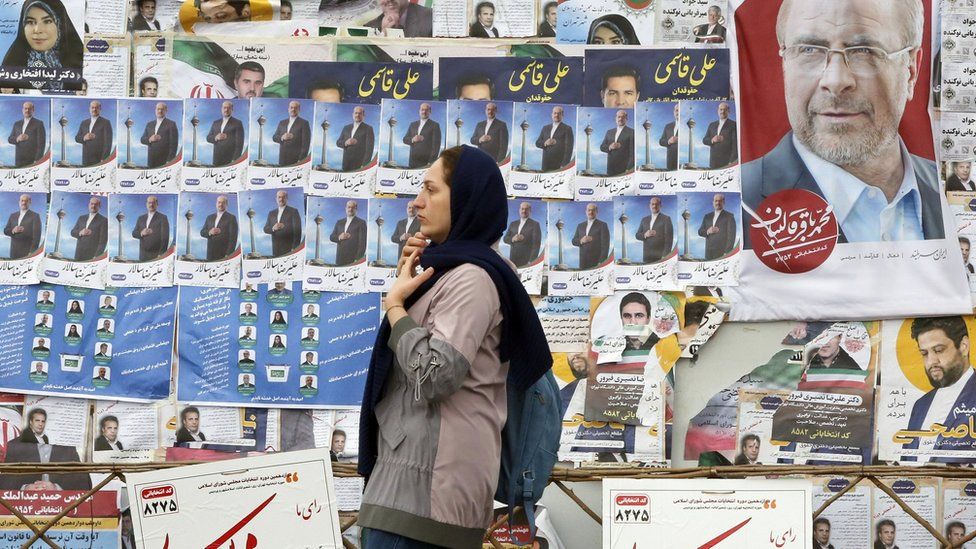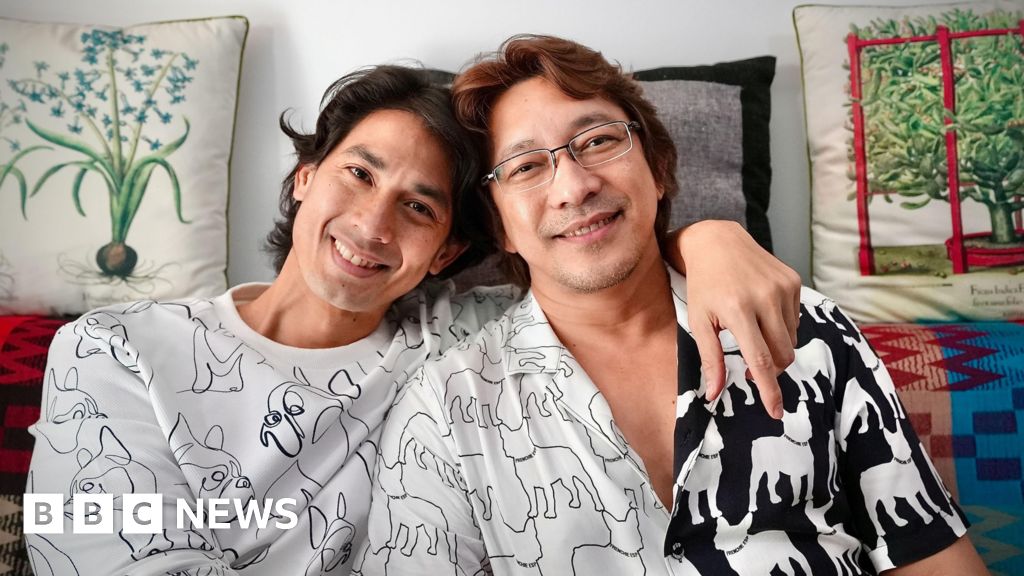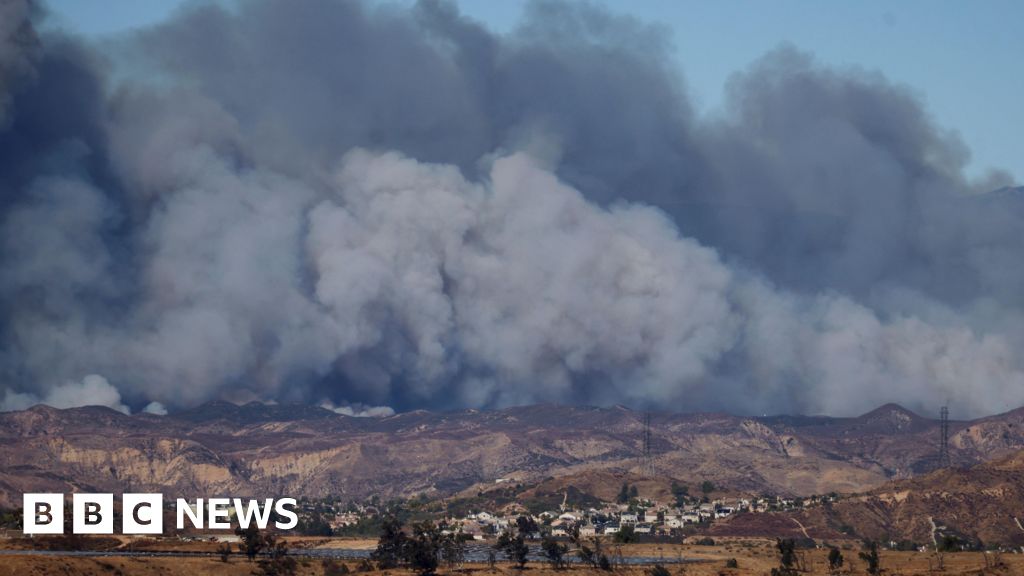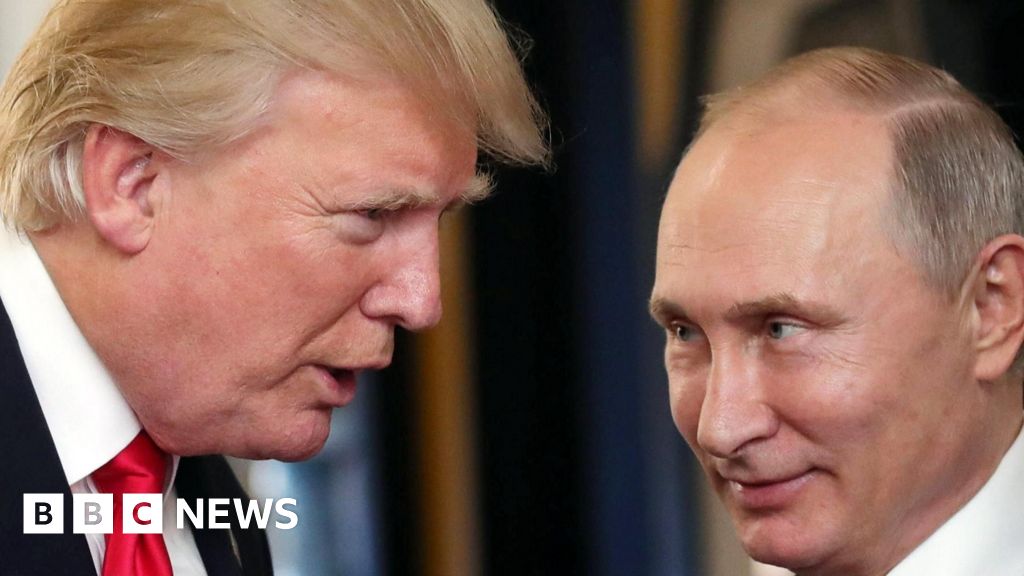ARTICLE AD BOX
 Image source, EPA
Image source, EPA
Run-offs will be held for more than half of the 30 seats in Tehran after winning candidates failed to win 20% of the votes
Hardliners have won a majority of the seats in the parliamentary elections in Iran, which saw a record low turnout of 41% after calls for a boycott.
Most moderate and reformist figures were disqualified from standing in Friday's polls, which were the first since the 2022 nationwide protests.
Interior Minister Ahmad Vahidi told a news conference that 25 million of the 61 million eligible voters took part.
He also revealed that about 5% of the ballots cast were "invalid", or spoilt.
Hardline President Ebrahim Raisi earlier praised the "passionate turnout", which he described as an "extreme blow" to opponents of the Islamic Republic.
Analysts said a low turnout would be a show of disenchantment with politics, after the Supreme Leader, Ayatollah Ali Khamenei, had urged people to vote.
Some 42% of those eligible voted in the last parliamentary elections in 2020. Turnout had been consistently above 50% before then.
Iran's election headquarters announced on Monday that 245 of the 290 seats in parliament had been decided in the first round.
The remaining 45 seats will go to second round run-offs because the winning candidates had not received the 20% of the votes required.
Only 14 candidates reached the threshold in the capital, Tehran, and its surrounding province, meaning that run-offs will be held for more than half of the 30 seats there.
Most of the winning candidates nationwide are considered to be conservative hardliners, who are staunchly loyal to the Islamic ruling system and are opposed to political or social freedoms.
Watch: The BBC's Carrie Davies visits a Tehran polling station as voting begins
Conservatives also dominated separate elections held on Friday for the Assembly of Experts - an 88-member clerical body that is responsible for appointing the next Supreme Leader when the time comes.
Ayatollah Khamenei - the Islamic Republic's most powerful figure and commander-in-chief - is 84 and the new assembly will sit for eight years.
As with the parliamentary polls, many prospective candidates were disqualified by the Guardian Council, a hardline watchdog made up of theologians and jurists.
Among those barred was former president Hassan Rouhani, a moderate who had previously served on the assembly for 24 years.
Mr Rouhani warned in January that such decisions would "undermine the nation's confidence in the system" but still turned out to vote on Friday.
Another former president, the reformist Mohammad Khatami, was among those who did not vote, having warned last month that Iran was "very far from free and competitive elections".
Imprisoned Nobel Peace Prize laureate and human rights activist Narges Mohammedi denounced the elections as a "sham", following what she called the "ruthless and brutal suppression" of the 2022 protests.
The unrest was triggered by the death in custody of Mahsa Amini, a young woman who was detained by morality police for allegedly wearing her hijab "improperly".
Hundreds of people have been killed and thousands detained in a continuing crackdown by security forces, which have portrayed the protests as "riots".

 10 months ago
38
10 months ago
38








 English (US) ·
English (US) ·